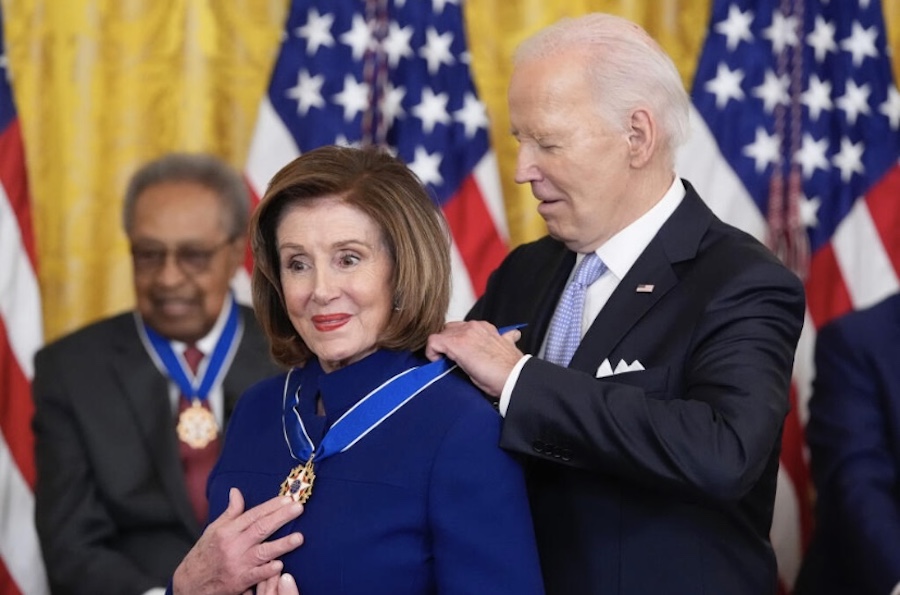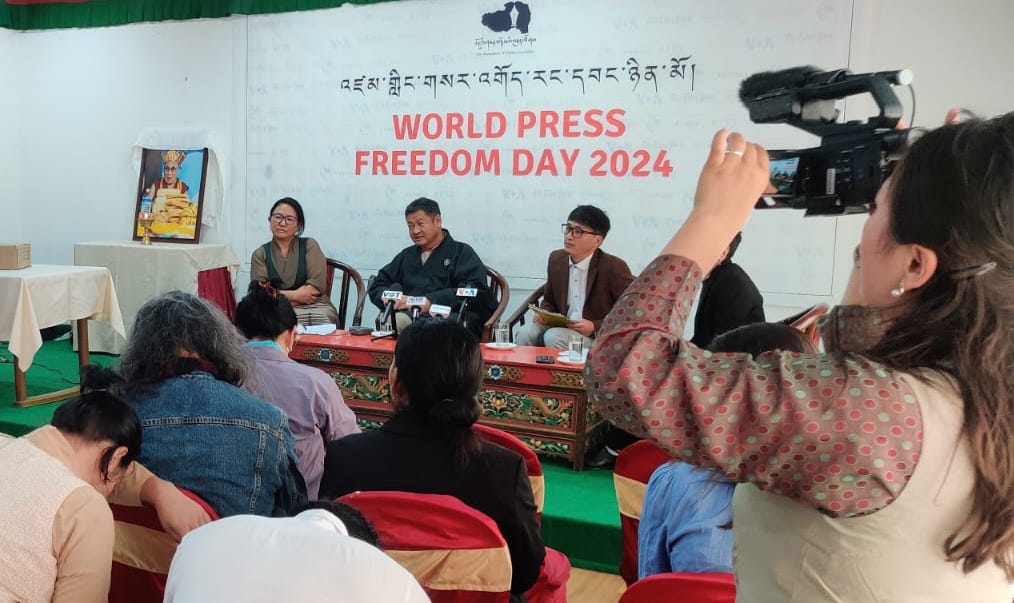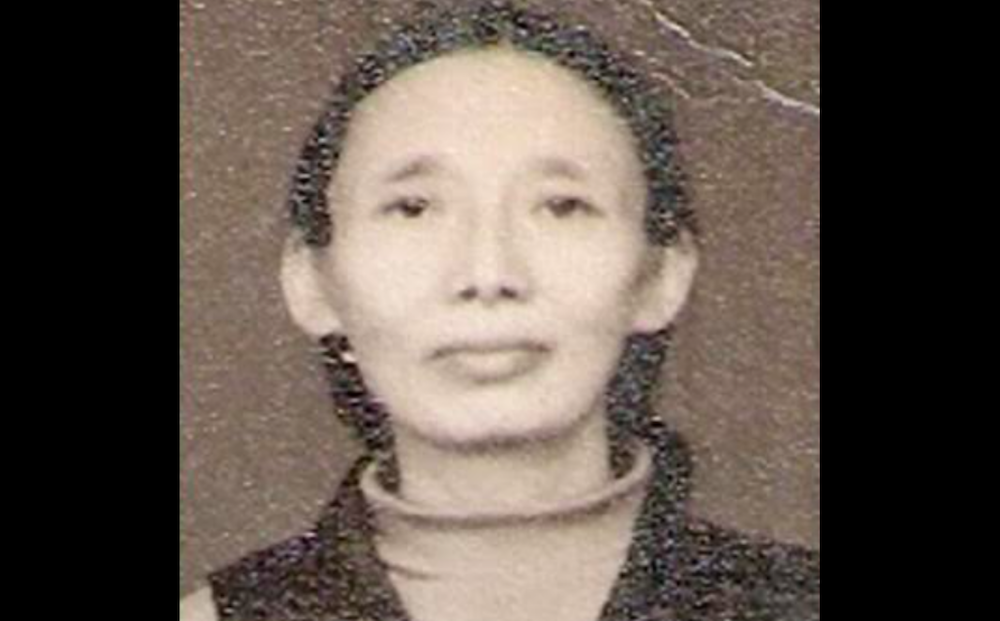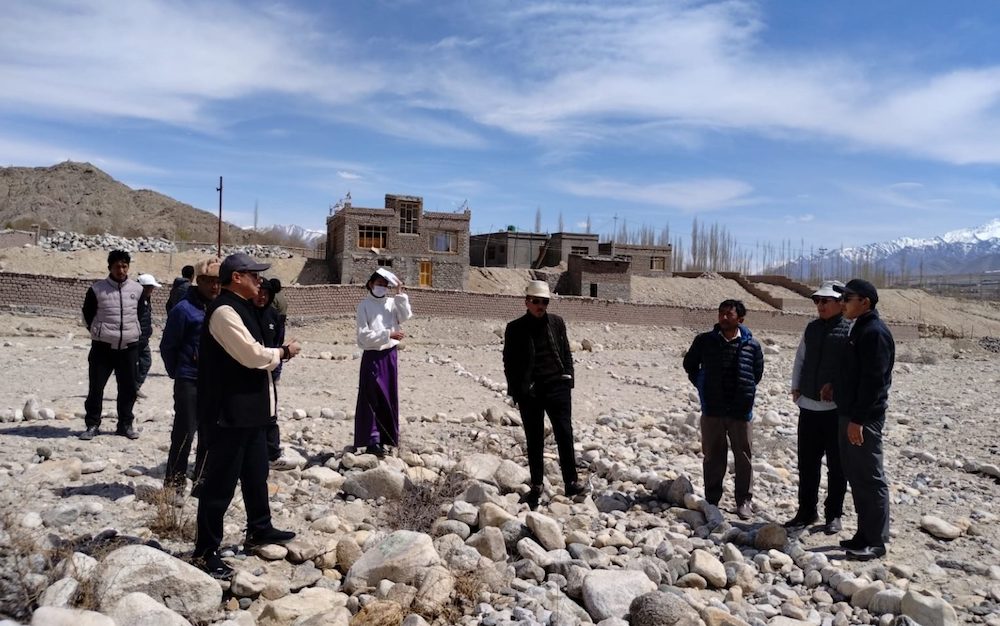Taiwan delegation to invite Dalai Lama in February for third visit, says president
By Taijing Wu
Taiwan-Tibet ties were strengthened yesterday when President Chen Shui-bian (³¯¤ô«ó) met with Tenzin Phuntsok Atisha, chairman of the Tibet Religious Foundation of the Dalai Lama, to discuss a third visit by the Dalai Lama late this year.
Chen emphasized yesterday that he received Atisha as he would any other outgoing foreign diplomat.
Atisha is set to represent the Tibetan-exiled government in Australia.
“The move symbolizes progress in the engagement between Taiwan and the Tibetan government-in-exile, ” Chen said, adding that the meeting also marked a significant step toward normalization of bilateral relations.
The Tibet Religious Foundation of the Dalai Lama has operated in Taipei since 1997 as the representative office of the Tibetan government-in-exile in Dharamsala in northern India to boost bilateral ties.
The vice-chairperson of the foundation, who only gave his name as Tsegiam, told the Taiwan News that Atisha will be transferred to Australia as the representative of the Tibetan exiled-government in India and will take the position as chairperson of the foundation.
According to Tsegiam, Atisha will officially step down on January 28 in a simple handing over of power but there will be no formal ceremony and no Taiwanese government officials will be present on that occasion.
“All of us (working in the foundation) are nominated by the Dalai Lama. It is the only official organization of the Tibetan exiled-government in India in Taiwan since it was founded in 1997,” Tdegiam said.
“It is an official bridge between the Taiwan and Tibetan governments. Our representative in Japan will attend the hand-over as a witness,” he added.
On Monday, President Chen said at the inauguration of the Taiwan Tibet Exchange Foundation that relations between Taiwan and Tibet have improved since 2002, when Taiwan officially stopped recognizing Tibetans as Chinese citizens.
Chen said the inception of the foundation marks a significant step forward in bilateral ties. In the past, he noted, Taiwan-Tibetan engagement was inconvenient and could only be conducted behind the scenes.
From now on, Chen went on, the Taiwan-Tibet Exchange Foundation and the Tibet Religious Foundation of the Dalai Lama can forge normal engagement and play active and constructive roles in pushing for closer ties.
He said a Taiwan delegation composed of lawmakers, scholars and business executives will visit Dharamsala in February to extend a formal invitation to the Dalai Lama to make a third visit to Taiwan. The exiled Tibetan spiritual leader visited Taiwan in 1997 and again in 2001.
Commenting on the foundation inauguration, Tsegiam pointed out that Tibetans who wish to visit Taiwan now can apply for visas through the Ministry of Foreign Affairs as opposed to the Ministry of Interior’s Mongolian and Tibetan Affairs Commission.
“The procedure is much more simplified now,” says Tsegiam.
Under Kuomintang rule, Taiwan treated Tibetans and Uighurs as Chinese. But since the Democratic Progressive Party won the presidential election in 2000, Taiwan’s policy has changed.
According to a Central News Agency report, Dilixadi Rexidi, a spokesperson of the Uighur independence movement, urged the Taiwanese government yesterday to “treat Uighurs equally.”
According to Rexidi, President Chen’s statement that Tibetans should not be considered as Chinese, applies only to Tibetans and Mongolians. Rexidi urged the Taiwanese government to modify the Statute Governing the Relations between the People of the Taiwan Area and the Mainland Area and include Uighurs as “non-Chinese people.”









